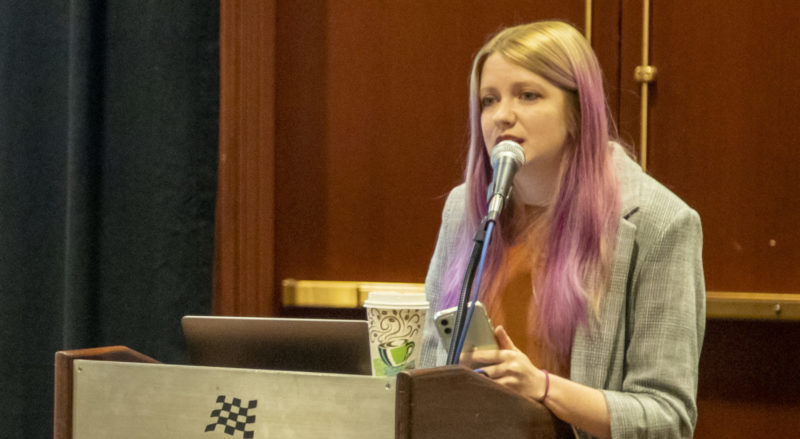The Epidemic of Youth Incarceration
By Chelsie Coleman
“Jesus doesn’t care about me—if that were true, he wouldn’t have let my mom die.”
“God loves me, but he let my dad abuse me?”
Hundreds of kids in the system over the years. Names and faces, yes. But also stories, conversations, and relationships.
Real hurt. Real pain. Real trauma.
What is society’s answer to our most vulnerable population of young people?
Often times, it is incarceration.
I know this sounds outrageous, but the truth is that around 700,000 youth have contact with the juvenile justice system each year. Our justice-involved kids show the same rates of PTSD as war veterans, and exhibit higher rates of trauma than any other population of youth in the country.
Incarceration is an epidemic, yet unless we have been directly impacted, it is an invisible one.
So how can we step in? How do we intervene?
Youth For Christ’s Juvenile Justice Ministry, along with many other likeminded ministries, has been meeting this need for decades, coming alongside youth in juvenile corrections facilities, sitting with them in their pain and offering spiritual care. This ministry of presence inside facilities is sacred work, and we continue to meet kids in these pivotal moments with dignity and love.
We also see our kids come back over and over again. In some states, 80% of young people who get arrested will get arrested again. This statistic alone tells us that we can’t incarcerate trauma. Trauma begets trauma. And without intervention, our kids caught in the system eventually become adults caught in the system, perpetuating a cycle of generational trauma that seems nearly impossible to break.
The two kids mentioned earlier needed to know how Jesus cares for their souls, but they also needed to know how he cares for their immediate, emotional and physical pain. What does it look like to walk with God in the everyday crisis? When we just saw mom get arrested? When we don’t have anywhere to sleep tonight? When we’re experiencing one trauma after another? This kind of work is long-term. It is relational. And it must be holistic.
Dr. Martin Luther King Jr. spoke of an idea called the “Beloved Community,” meaning we are all beloved or made in the image of God, and that therefore we are all created to be in a kind of community that fosters equity and mutuality with one another. YFC Juvenile Justice Ministry (JJM) serves close to 140 juvenile corrections facilities in over 100 communities across the United States. And as Youth For Christ’s new National JJM Lead, I am here to ask: What could it look like to work together in creating the Beloved Community with our young people in the system, not just in one community, but all over the country?
During this Youth Justice Action Month, we are pondering this question as we strive to make this dream a reality too. While JJM will continue ministry inside these facilities, we know that there is also a need for creating a faith-based continuity of care model, serving youth across a broader juvenile justice context, implementing healing-centered and restorative justice practices, and building a pipeline of holistic resources to meet the needs of our kids and families. We don’t pretend to have all the answers, and we know that we can’t do this without faith communities everywhere inviting us to walk out this vision of the “Beloved Community” together—where our liberation is bound up with the liberation of our kids in the system, and where we uncover God’s story of hope alongside one another.
Chelsie Coleman currently serves as the National Juvenile Justice Ministry Lead with Youth For Christ USA. She began volunteering as a mentor with gang-involved girls in 2009, which would lead her on what seems a lifelong journey to come alongside young people in the juvenile justice system. In 2016, Chelsie became one of several who founded Youth For Christ in Jacksonville, FL. She has also worked with justice-involved youth as a mental health counselor, and continues to be a systems trainer as a professor coming alongside future and current practitioners.
